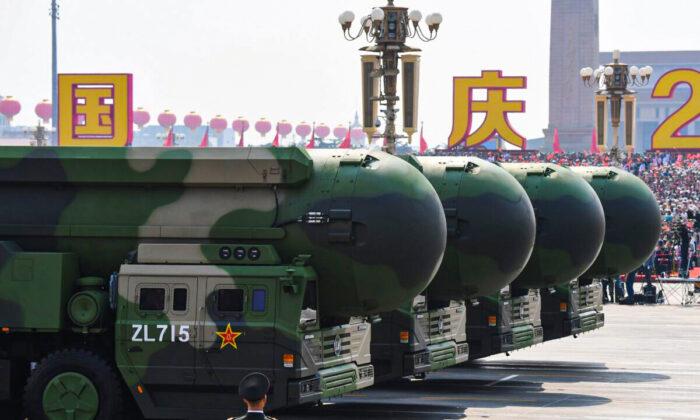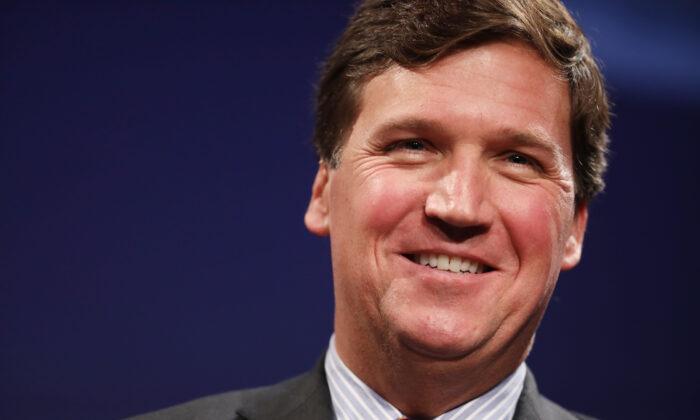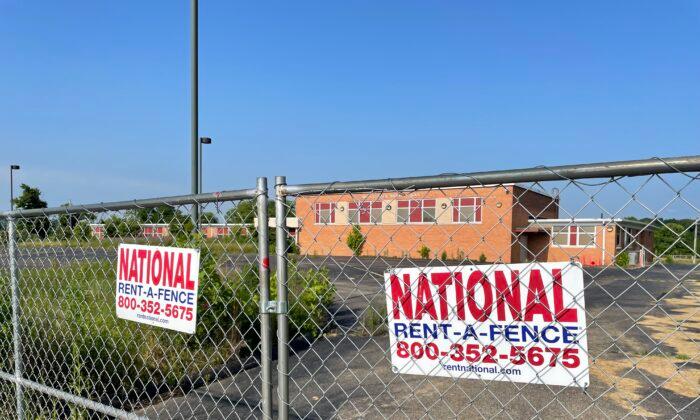China’s drive at nuclear arsenal expansion is likely part of a strategy to invade Taiwan, according to former U.S. Naval War College professor Lyle Goldstein, who has also cautioned against the United States responding with its own nuclear buildup.
“China wants to make sure the U.S. won’t use its nuclear superiority to threaten China or China’s actions in a Taiwan scenario,” Goldstein said during a May 19 conference hosted by Defense Priorities.
But according to Goldstein, China’s buildup has little to do with direct confrontation with the United States.
“Likewise, they neglect the fundamental conclusion that this seeming nuclear advantage stands as an expensive, but worthless, luxury since Washington and Beijing are already situated in circumstances of mutual vulnerability (both nations can inflict devastating punishment via nuclear strikes on the other).”
Instead, China’s buildup is likely part of a larger strategy to take Taiwan, according to Goldstein, who was a research professor at the U.S. Naval War College for 20 years.
Goldstein said China is likely worried that the United States might consider a first-use nuclear strike against the country to protect Taiwan. But if the Chinese Communist Party (CCP) can close the nuclear gap with the United States, then it could deter the U.S. military from going nuclear over Taiwan, he said.
“Chinese leaders seem to have assessed that—to make sure the U.S. nuclear capability does not blackmail them out of taking Taiwan—their minimum deterrent needs to be big enough to impress even the most hawkish elements in the U.S. national security establishment,” Goldstein’s report reads.
Goldstein noted at the May 19 conference that China could be further incentivized to develop its nuclear weaponry after seeing Russia successfully deter Western troops from becoming involved in the war in Ukraine.
“China has watched Russia’s nuclear modernization for a very long period and admired it,” he said. “They noticed that one of Putin’s first measures was to put his forces on special alert.”
Goldstein said governments in Berlin and Tokyo have successfully lobbied against a U.S. NFU policy since such a policy would mean that the Pentagon wouldn’t consider nuclear weapons to defend its allies. Goldstein disagreed with this outcome, saying that U.S. officials should put the United States first.
“Part of our decision [against NFU] is because Tokyo and Berlin said they couldn’t leave it, but I think that’s ludicrous,” he said.
“If Japan feels the need to create its own nuclear arsenal, then so be it. But I have a hard time accepting, as an American, that we need to have this forward presence that includes missile defenses, missile alerts, and the rest of it—which continues to fuel an intense U.S.–China nuclear rivalry that should not exist.”





Friends Read Free